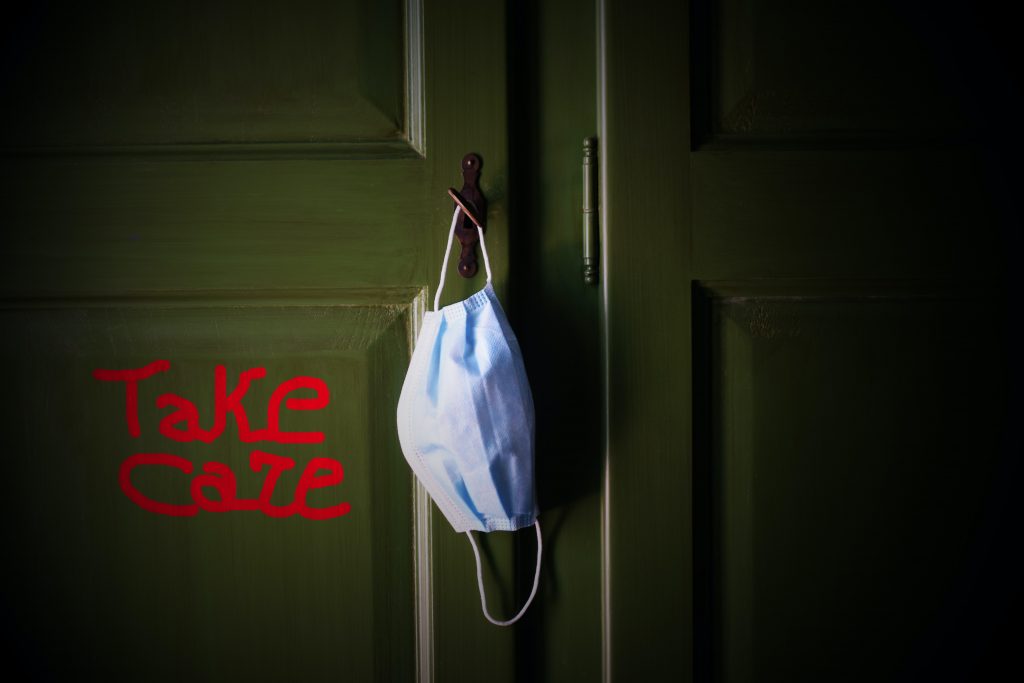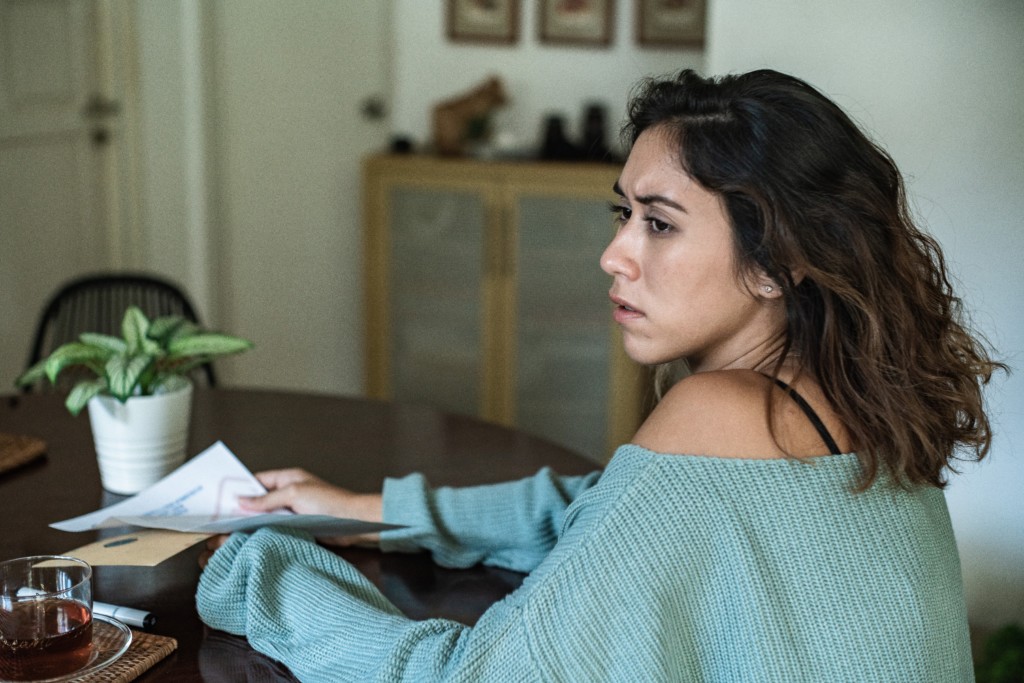Navigating the back-to-school season is a complex endeavor this year, reaching far beyond decisions about Peter Pan collars or dry-fit uniforms or what pencil pouch fits in your binder. Coronavirus is still causing problems for our local communities. That fact is causing parents to evaluate guidelines and protocols and how that fits into the demands of work schedules, school policies, and deciphering between a runny nose and full-on COVID-19.
On the Fort Worth Moms team alone, we found ourselves asking so many questions about how the return of school would impact our families. We figured you have questions too.
So we gathered three experts from our local community, who have been on the front lines with pediatric and adult COVID-19 patients, to answer our questions. You can take their responses and apply it to the needs of your family and your community.
The following is the recorded panel discussion. You can read beyond the embedded video for more information and pertinent links.
Much thanks to Vinny Taneja, public health director at Tarrant County Public Health; Dr. Youree with Texas Centers for Infectious Disease Associates; and Dr. Whitworth, the medical director of infectious diseases at Cook Children’s.
The following is a summary of the written answers provided by Dr. Youree and Dr. Whitworth.
If you are not vaccinated, how can you stay safe and not catch the Delta variant?
If you are age 12 and older, get vaccinated. It is the best means available to protect yourself. Only 0.001% of those fully vaccinated against COVID-19 have died from COVID-19. If you are under age 12, the best way to stay safe if to wear a mask in public and social distance. Good hand washing always helps. Avoid crowded or poorly ventilated spaces.
Children over age 12 —
- Get vaccinated! It’s never too late.
- Wear a mask at any indoor location or crowded outdoor venues.
- Practice social distancing.
Children under age 12 —
- Wear masks and practice good hand hygiene to provide some level of protection. Start talking with your children now.
- Ask your local school what its policies are for the upcoming school year. Will there be contact tracing? Will students cohort in groups? Are your children’s teachers vaccinated? Will remote learning be offered if your child is in quarantine?
- Talk with your pediatrician now about testing resources if your child has symptoms or an exposure. The spread of other respiratory illnesses will complicate screening.
Children under age 2 —
- Social distance unless everyone in your social group is fully vaccinated.
- Choose vaccination for the parents to protect the child.
- Fully vaccinated breastfeeding mothers can pass vaccine antibodies in their breastmilk.
- Vet your childcare provider. Are the adults vaccinated? Do they screen every child coming into the center for fever or symptoms of COVID-19? What are the plans and protocols?
If you are not vaccinated and have a known exposure to COVID-19, what should you do?
If you develop symptoms suggestive of COVID-19, you should immediately quarantine yourself and get tested. People who have tested positive for COVID-19 within the past three months and recovered do not need to get tested following an exposure as long as they do not develop new symptoms. If you have not had COVID previously and do not have symptoms, it still would be prudent for you to get tested anywhere from three to five days after exposure. You should quarantine until you have a negative test.
- Quarantine for 14 days from time of exposure (within six feet, more than 15 minutes).
- Monitor for symptoms.
- Could end quarantine after seven days, if you have a negative test result, but understand there are risks of becoming symptomatic within the 14-day period.
If you are not vaccinated and test positive for COVID, what should you do?
Quarantine yourself until 10 days after symptom onset, if you are fever-free. Notify your primary care doctor of the test result. You should also notify any close contacts you may have had starting 24 hours before your first symptom. If you have underlying medical problems, are overweight (BMI greater than 25), or are older than 65, you may want to talk to your doctor about monoclonal antibody therapy. In fact, any individual age 12 or older and at least 88 pounds could be eligible to receive this therapy. Ask your doctor for help with this.
- Quarantine/isolate yourself, including from family members if possible.
- Notify your primary care doctor. You may be a candidate for monoclonal antibody, such as Regeneron.
- Monitor symptoms. Consider getting a pulse oximeter monitor to check you oxygen levels. If your oxygen levels go below 90, seek medical help.
 If you are vaccinated, how can you stay safe and not catch the Delta variant?
If you are vaccinated, how can you stay safe and not catch the Delta variant?
Wear a mask in public and avoid crowded indoor gatherings, if community spread is high where you live.
- Wear a mask in public indoor spaces where there is high community transmission.
- CDC recommends universal indoor masking for all teachers, staff, students, and visitors to schools, regardless of vaccination status.
- Fully vaccinated air travelers coming to the United States from abroad, including U.S. citizens, are still required to have a negative SARS-CoV-2 viral test result or documentation of recovery from COVID-19 before they board a flight to the United States.
- International travelers arriving in the United States are still recommended to get a SARS-CoV-2 viral test three to five days after travel regardless of vaccination status. Self-quarantine not needed.
If you are vaccinated and have a known exposure to COVID, what should you do?
Get tested three to five days after exposure, and to wear a mask in public indoor settings for 14 days or until they receive a negative test result.
If you are vaccinated and test positive for COVID, what do you do?
Isolate if you have tested positive for COVID-19 in the prior 10 days or are experiencing COVID-19 symptoms.
- Notify your primary care doctor. You may be a candidate for monoclonal antibody, such as Regeneron.
- Monitor symptoms. Consider getting a pulse oximeter monitor to check you oxygen levels. If your oxygen levels go below 90, seek medical help.
What’s different about the Delta variant?
- It has a short incubation time, making contact tracing more difficult.
- It has a higher viral load, increasing chance of super-spreading events.
What changed CDC mask recommendations?
An outbreak in Cape Cod, Massachusetts, in July changed the CDC mask recommendations. During a two-week period, 346 fully vaccinated persons tested positive. Ninety percent of tested samples were the Delta variant. Cycle threshold values were similar between vaccinated and non-vaccinated people, suggesting similar viral loads. Four vaccinated persons were hospitalized. This occurred during a time when 250,000 people gathered over two weeks that involved bars, guest homes, and rental properties.
The CDC has reported 6,587 COVID-19 breakthrough cases as of July 26, including 6,239 hospitalizations and 1,263 deaths. That is a rate of death in vaccinated individuals of 0.001%. At that time, more than 163 million people in the United States were fully vaccinated against COVID-19. That statistic is compared to overall mortality of 1.73% for unvaccinated individuals.
From February 8 to July 14, 99.5% of COVID deaths in Texas were in unvaccinated persons. Of the 43 fully vaccinated persons that died, 95% were older than 65 and the majority of those were white males.
Recent data from NEJM demonstrated that the Pfizer vaccine had 88% efficacy against the delta variant compared to 93.7% in the original strain.
None of this happens in a vacuum. The longer the virus spreads unchecked within a community, the greater the chance of variants developing. For example, the Lambda variant is currently less than 1% of strains isolated in past four weeks. It was first identified in Peru. Like Delta, it is more infectious than that original strain. It may escape vaccine derived neutralizing antibodies.
 Closing notes and resources
Closing notes and resources
- https://www.checkupnewsroom.com/should-my-child-wear-a-mask-to-school-this-fall/
- https://www.checkupnewsroom.com/cook-childrens-10-point-guide-for-safely-reopening-schools/













